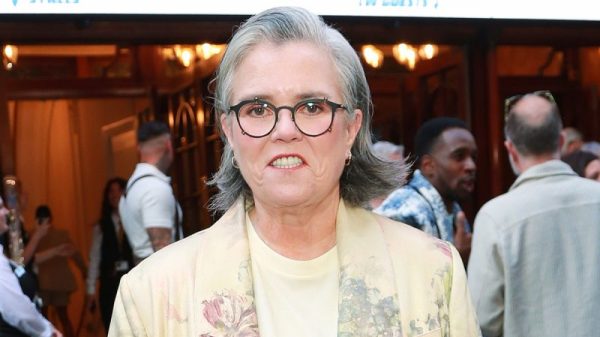In the unseemly world of political economy, few studies capture the disappointing state of modern urban planning like a couple of recent papers. One is by Adam M. Zaretsky of the St. Louis Fed. Another is by economists Lauren Heller and Frank Stephenson. Their conclusions, supported by substantial evidence, are clear: Constructing arenas or hosting big events doesn’t really boost the economic development of cities.
Contra all those crony-contrived “economic impact studies,” building arenas frequently masks the true costs borne by taxpayers. They overstate the benefits, of course, but more alarmingly, the lion’s share of those benefits accrue not to the general public, but directly to wealthy leagues or arena owners.
This prompted me to engage in a conversation with half of the research duo mentioned above, economist Lauren Heller. When asked about a possible solution to this well-diagnosed public-choice problem, she answered “More education.” Of course, she would say that. Educators gonna educate.
Though I respect her answer, it struck me as insufficient.
Still, as a Tar Heel who grew up watching demigods play for Dean Smith, we discovered common ground in our understanding of the pervasive power of sports culture. Heller is a UNC alumna but hails from Cleveland. She speaks despairingly about losing the Browns to Baltimore back in 1995. The fanaticism of team sports, coupled with the tribal instincts of ardent fans, can easily overshadow reason and fairness. As it stands, fervent supporters are willing to sacrifice taxpayer funds, as long as they can don their favorite jerseys and revel in the fervor of pre-game tailgates. Could education really be enough to overcome the grip of sports fanaticism?
It’s gonna take education and incentives.
Thus, I propose a new model of civic attraction funding that prevents taxpayers from unwittingly enriching venal favor-seekers ever again.
Enter the concept of Dominant Assurance Contracts, a brainchild of economist Alex Tabarrok. At its core, the process mirrors platforms like Kickstarter but is designed for the private provision of public goods. Tabarrok’s empirical research stands as a testament to its viability. The unique element of such contracts is the mandate for entrepreneurs to have “skin in the game.”
So here’s my proposal: use Dominant Assurance Contracts to crowdfund these “public goods.” These need not be public in the traditional sense, where taxpayers can only expect a psychic or experiential return, as with visiting a statue. Instead, every contributor could receive a stake, manifested as either a tax rebate, citizen’s dividend, or profit share. Moving away from the archaic model of constructing arenas as gifts to capitalist magnates, this innovative approach leans into profit-sharing and proportional equity.
The process might start by replacing the referendum, but if it did not, then citizens could put a competing referendum on the ballot. Note that local politicians aren’t likely to be much help, as fat cats line their campaign coffers. So this is one arena (no pun) in which the referendum could be a real check on power.
Now, envision a scenario where citizens access a dedicated website akin to Kickstarter or Mr. Wonderful’s StartEngine. Citizens would be prompted to pledge a certain amount, and the project’s fate would hinge on the sum of the contributions exceeding a certain threshold. Otherwise, it loses. It’s an updated form of participatory democracy, with citizens “voting” with their dollars. The fundamental difference lies in choice, as people aren’t taxed forcibly but choose to back a project or refrain.
Two potential disbursement models emerge from this concept:
Pool all of the amassed resources for citizen dividends. This more egalitarian approach could facilitate an annual citizen dividend or even enable periodic adjustments to the local sales tax rate, responding dynamically to revenues flowing from arena events.
—OR—
Disburse funds directly to individuals as profit-sharing or direct dividends. This one is my favorite because the direct, palpable benefit underscores the idea that civic engagement can be both just and profitable.
While not all arenas or public projects will be profitable, commercial and civic participation converge more seamlessly under this model.
While the context here is arenas, similar principles can be applied to projects like light rail. Though these projects rarely yield immediate returns, the feedback mechanism still pushes citizens to deliberate on the long-term viability of such endeavors. They’ll have an incentive to do their homework.
In an era marked by disruptive platforms, it’s high time our approach to civic infrastructure funding evolved. Let’s prioritize informed, profitable participation over blind, compulsory taxation that takes advantage of fanaticism.





































